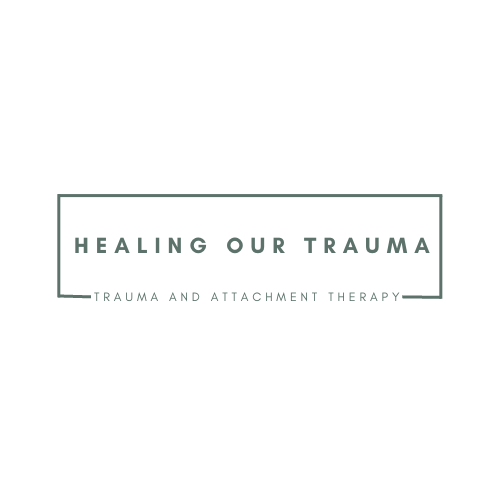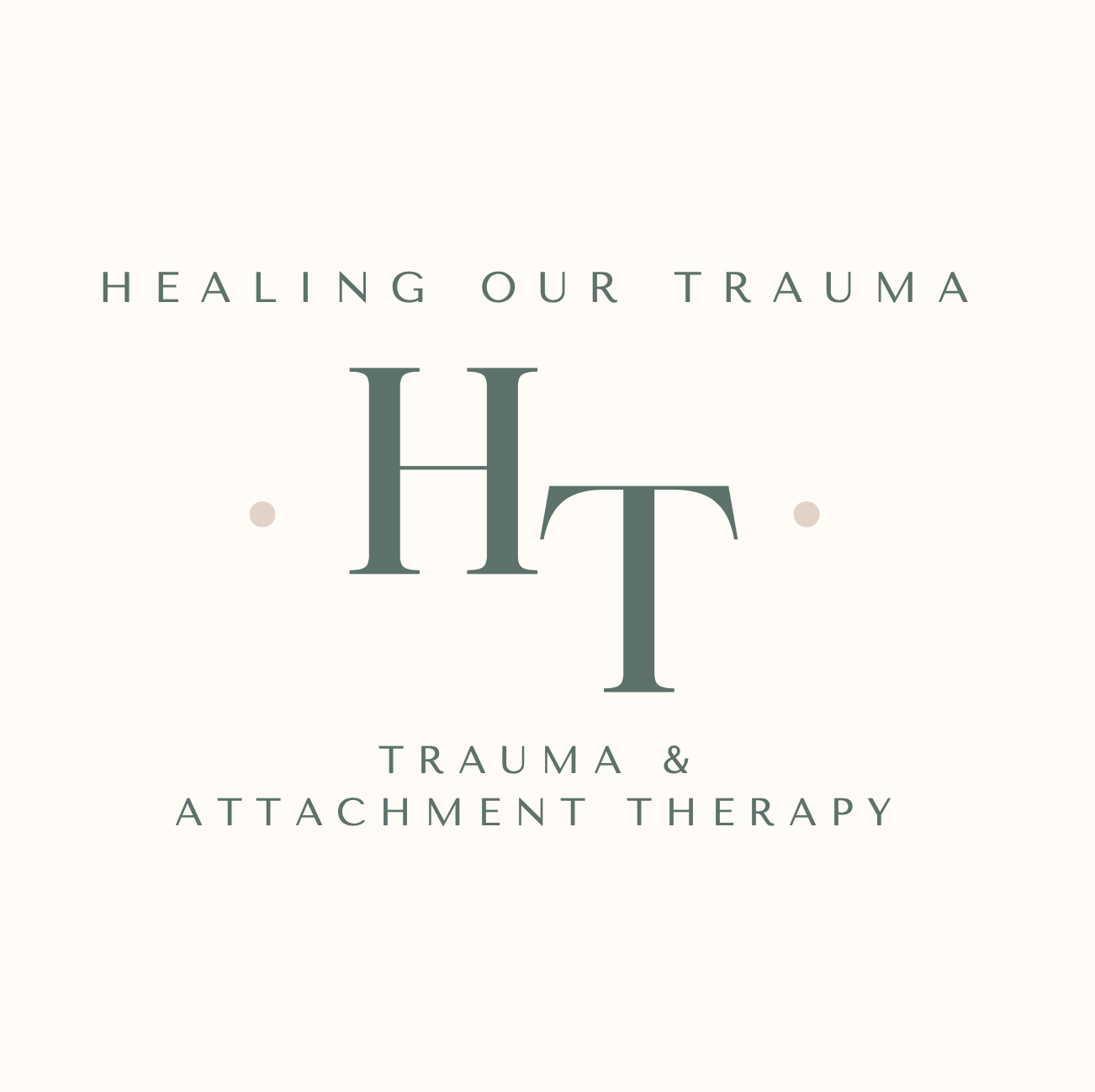Improve Your Mental Health with These 4 Habits
4 Habits For Boosting Mental Health And Wellness


We live in a time where therapy is growing in popularity. The stigma is quickly falling away and more and more people are choosing therapy to improve their mental health. This is wonderful news, but therapy is just one component of healthy mental health. There are many other things necessary to help us all feel our best mentally. None of these habits are new or revolutionary. You’ve probably heard them all before, but still most of us neglect them and suffer the mental and emotional consequences.
Get regular movement
The average American is far more sedentary now than they used to be. As jobs become less labor intensive and technology makes our lives easier, we find ourselves moving less. Over time, this not only wears on physical health but mental health also. Regular movement is an integral part of mental health because it helps us to process our thoughts and generate feel-good hormones in the brain. Notice I use the word movement instead of exercise because it is more inclusive. Movement doesn’t have to come in the form of running, going to the gym or doing intense workout classes (though those are all wonderful forms of movement). Movement can include going on walks after work or even choosing to park farther away or take the stairs when you’re running errands. Movement can also include practical tasks like cleaning out your garage or closet, giving the house a deep clean, or getting up and playing with your kids. The important takeaway is that you break the habit of being sedentary all day. I’ve started wearing an activity tracker to keep me accountable. I would highly recommend it.
Have good sleep hygiene
I always cringe when I see a business podcaster or entrepreneur says something like, “You can sleep when you’re dead.” What horrible advice! Getting an adequate amount of nightly sleep is not a luxury afforded only to the deceased. It is vital for proper brain and body function. Lack of sleep can exacerbate anxiety and depression and negatively impact physical health too. Sleep is the time when the body goes into growth and repair mode. Not allowing the body enough time to do this is setting yourself up for disaster. Sleep hygiene refers to the habits you develop around sleep. For example, cutting off screen time at least an hour before bed, having a set bedtime throughout the week, and getting out of your bed when you’re not actually sleeping are all parts of good sleep hygiene.
Limit social media
While there are many benefits to social media, it must be used in moderation like anything else that has the potential to become addictive. Sites like Tiktok, Instagram and Facebook are designed to keep users active as long as possible, so no wonder many of us are spending hours mindlessly scrolling our feeds. However, there is ample data showing how high social media use contributes to decreased life satisfaction and increased feelings of loneliness and depression. Social media tends to skew reality and leaves users comparing themselves to what they think is the truest version of others. It also decreases the amount of movement we get, which we’ve already learned about. Limit your use to an hour or less a day. If that feels unrealistic for you now, start by cutting your use by 25% and then slowing reducing it over time.
Connect with loved ones and build community
During times of depression, it’s common to avoid others. Depressed people often feel too tired, too unmotivated or too much of a burden to reach out to family and friends. This causes people to avoid the very thing they need most: connection. Humans are wired for connection. You can see it in the helplessness of human infants. Other baby mammals have much shorter infancy stages. It can take months or a few weeks for a baby animal to become independent. Humans, on the other hand are completely dependent for many, many years. This underscores the importance of human connection. We literally cannot survive without it.
A recent longitudinal study on happiness shows that healthy relationships are the best predictor of long-term happiness and health. According to a report in the Harvard Gazette,
Close relationships, more than money or fame, are what keep people happy throughout their lives, the study revealed. Those ties protect people from life’s discontents, help to delay mental and physical decline, and are better predictors of long and happy lives than social class, IQ, or even genes.
There is no escaping the innate human need to connect with others, and hearting and liking posts on social media do not count. You need real relationships with people you know in real life. Invest in your platonic relationships just as much as you would a romantic relationship. Take the time to call, plan, discuss, explore. Make meaningful memories with people who mean the most to you and make new connections by trying new things and going new places.
This list is not exhaustive, but it is a good foundation for improving and protecting your mental health. Remember, your mental health is in your hands. While you can’t always control the stressors that occur in your life, you can control the steps you take to increase your mental resilience.
Recent Posts
Similar Posts
At Healing Our Trauma we know that you want to be on a path to recovery and restoration. In order to do that, you need to address your underlying, unmet needs. The problem is most people don't know where to turn to or how to start which makes you feel frustrated and stuck. This leads some to want to quit. We believe in your resilience and the possibility of reclaiming a life marked by strength, growth, and renewed hope. We understand that overcoming trauma is a journey that requires personalized care, empathy, and a safe space for healing.
So, schedule a free evaluation. And in the meantime, sign-up for our Support Newsletter.
Together, we can navigate this journey toward healing, ensuring that you not only survive but thrive in the aftermath of trauma.
Contact Us
816-200-7909
Contact Us
We will get back to you as soon as possible
Please try again later
Insurance Accepted: Aetna (Missouri Only)
Forms of Payment: Cash, Check, Visa, Mastercard, Discover, American Express
Our address
Email: nadirah@healingtraumakc.com
Tel: 816-200-7909
12401 E 43rd St S, Independence, MO 64055, United States of America
Work Hours
- Mon - Fri
- -
- Sat - Sun
- Closed




